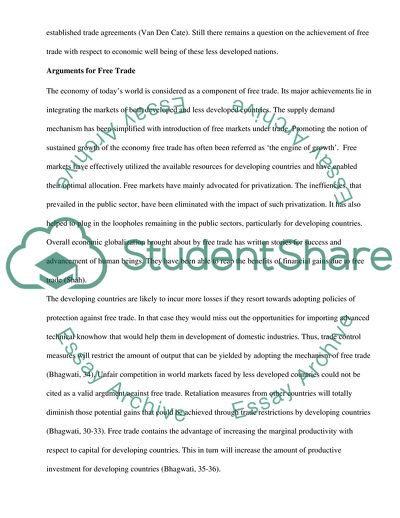Cite this document
(Explain in detail the arguments for and against free trade for Assignment, n.d.)
Explain in detail the arguments for and against free trade for Assignment. https://studentshare.org/macro-microeconomics/1764299-explain-in-detail-the-arguments-for-and-against-free-trade-for-developing-countries-what-policy-would
Explain in detail the arguments for and against free trade for Assignment. https://studentshare.org/macro-microeconomics/1764299-explain-in-detail-the-arguments-for-and-against-free-trade-for-developing-countries-what-policy-would
(Explain in Detail the Arguments for and Against Free Trade for Assignment)
Explain in Detail the Arguments for and Against Free Trade for Assignment. https://studentshare.org/macro-microeconomics/1764299-explain-in-detail-the-arguments-for-and-against-free-trade-for-developing-countries-what-policy-would.
Explain in Detail the Arguments for and Against Free Trade for Assignment. https://studentshare.org/macro-microeconomics/1764299-explain-in-detail-the-arguments-for-and-against-free-trade-for-developing-countries-what-policy-would.
“Explain in Detail the Arguments for and Against Free Trade for Assignment”. https://studentshare.org/macro-microeconomics/1764299-explain-in-detail-the-arguments-for-and-against-free-trade-for-developing-countries-what-policy-would.


